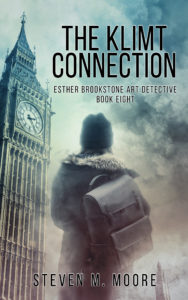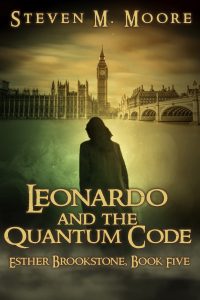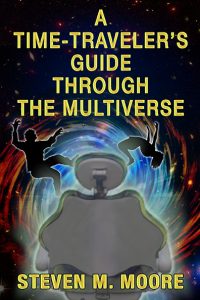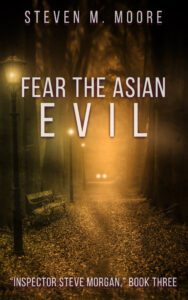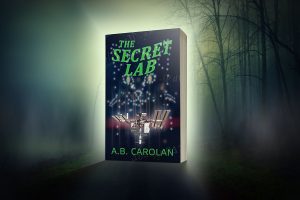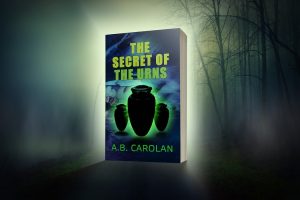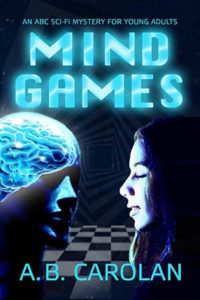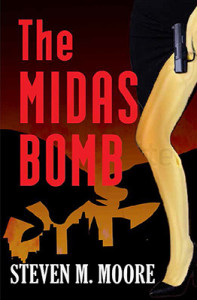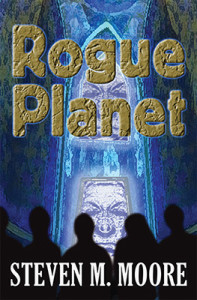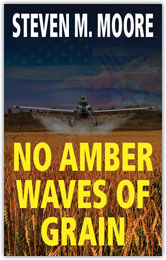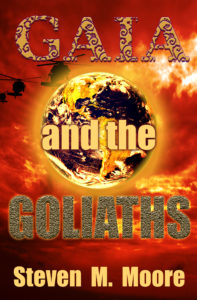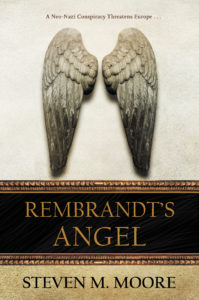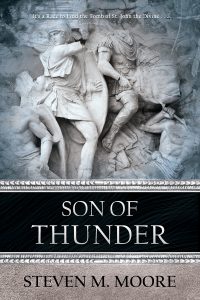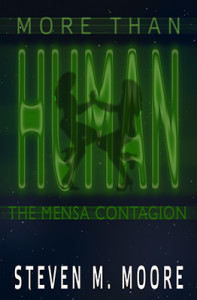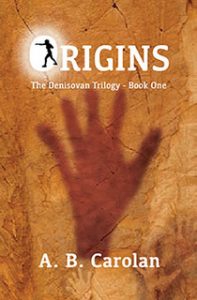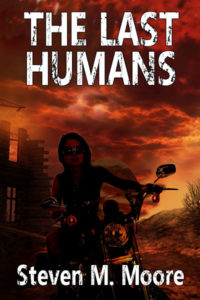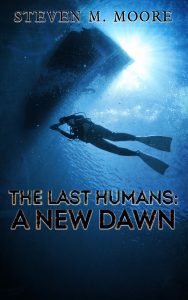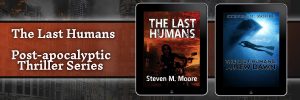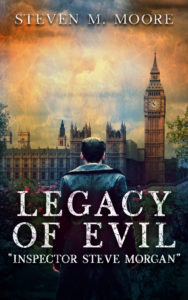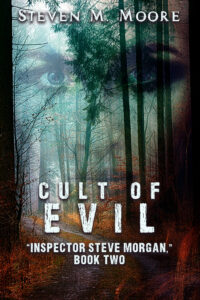Two new freebies…
Wednesday, January 11th, 2023[Note from Steve: Some authors give away their published books. Except as an exchange for an honest review, I don’t. But I will give away unpublished fiction, mostly short fiction, and other fiction-related items, in the form of free downloadable PDFs. Here are two new ones you might want to download and peruse.]
The Detectives, Volume Two: The Earl of Penrith. Unlike that long first volume with many detectives and even a mystery that takes place in the future, this volume focuses on just one sleuth, Detective Inspector Earl Wilson, who works out of a substation in the Penrith Police District. Detectives in England’s northern counties generally have to cover large areas of beautiful countryside, and Earl’s Lake District is no exception. By the same token, they usually don’t have to solve a lot of murders—stealing stock and farm equipment are much more common crimes. Earl however has a rash of murder cases to solve, though. To solve them, his DS Sally Hill aids him.
As I was finishing the first story in this collection (there are four, the last never seen before), I thought Sally and Earl might inherit the mantles of Esther and Bastiann from the “Esther Brookstone Art Detective” series. But I decided that Earl seemed a bit old for the job (he’s about ready to retire too). I chose Steve Morgan and his team instead. But Earl is still an interesting bloke, and you might see more of him in the future.
Given that these are short stories (some are almost novella-length, though), I don’t focus on the CID briefings or relationships among the police personnel. That’s all better treated in a novel. Instead, I focus on the crimes and how Sally and Earl go about solving them. That has to be done in all short fiction, as you have seen in most of the fiction that I offer freely to readers. That’s the essense of most mystery and crime stories.
Writing Fiction, Revision 11. I can’t believe this is #11 already! Over my brief career of writing fiction (when my first novel Full Medical was published in 2006, I was already an old fellow), I’ve been continuously experimenting and trying out new tricks of the trade, so I’ve been passing on what I’ve learned to other writers, newbies or oldtimers who want a fresh perspective, or to anyone who wants to know the truth about this crazy business of writing and publishing fiction.
This new revision includes articles taken from this blog and expands on my recent experiences with Draft2Digital that I’ve used to self-publish my recent novels. It also sharpens my criticism against the Big Five and traditional publishing in general.
It also contains “The Recruit,” a short story you’ve seen in this blog (or in the above collection), but in annotated form to indicate key points about writing elements. This whole freebie is formatted exactly like the novels I’ve produced with Draft2Digital to go along with the article contained therein that explains how to use that easy-to-use software. (If I can use it, you can too!)
***
Comments are always welcome. (Please follow the rules listed on the “Join the Conversation” web page. If you don’t, your comment goes into the spam folder.)
Where can you go to download these free PDFs? At this website, go to my “Free Stuff & Contests” web page and find the list of all my offered freebies and then follow the directions at the end of the list. You can also download the other freebies as well—be my guest. Among them, you will find two complete novels, Defanging the Red Dragon and Intolerance, #6 and #7 from the “Esther Brookstone Art Detective” series.
Around the world and to the stars! In libris libertas!
